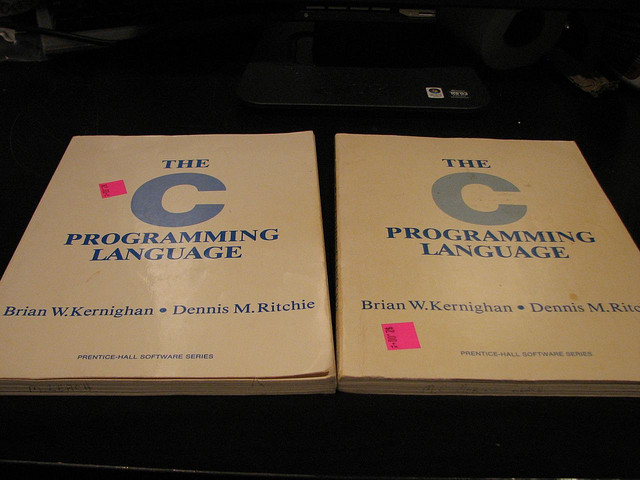

I think you completely fail to realize that Fortran does have wide adoption, and that there is a big market for commercial and open-source Fortran compilers, and that these optimizations have already been made. > These optimizations will only ever be made if Fortran has wide adoption. It's our fault for not advertising our successes to these people. I'm assuming these decisions are made because people in physics/ME/chemistry are not programmers and don't know about the latest and greatest our field has to offer. > Don't assume things are done purely by inertia - for big projects there are real reasons for the choices made! C++ is just as developed in this aspect, Julia is getting there but it's already ready for most applications. > And all of the well-tested high performance computing libraties are written in or support Fortran.


Or you could juse use Julia which is built for clustered environments, performance, IPC & machine-to-machine communication.
Is simply fortran fast code#
> Compared to Java, C#, or Python, or any other JVM language, it has the advantage of compiling to machine code for every relevant supercomputer and cluster architecture. Most formulas can be expressed as an inline function or constexpr and as a result can, in some cases, see huge performance improvements from compiler optimizations. There's also constexpr from C++ which, in C++17, will offer huge benefits to non-trivial code. Fortran also misses out on a HUGE optimization that can be provided by the existence of explicit inlining from C/C++ and implicit optimizations from things like C++/Rust.

These optimizations are probably already done in GCC/Clang. These optimizations will only ever be made if Fortran has wide adoption. > And there is better possibility for compiler optimisation because the langauge semantics let the compiler know one array will not alias another. C++11 added std::complex which is a standardized implementation of complex types for all data sizes. No it does not have better complex types. > Compared to C or C++ it has the advantages of better complex floating point number support and better control of reproducible math results
Is simply fortran fast software#
(On that note if anyone is good at Fortran and can document the formulas in this software so I can rewrite them I'd be happy! Please email me) It's very scary that if I were to write the software in C that it would be seen as modern! This software is tax-payer funded and included in real time systems and production software. I want to rewrite it but pulling apart fortran is very difficult. No one seems to have formula listings for it. Right now I'm looking at a codebase that is actively being developed and is written in Fortran. They know Fortran is fast, MPI is parallel, and that's what they use. They don't know about what kinds of modern compiler optimizations they're missing out on and what new IPC frameworks are available. There's also this notion that "Fortran is fast" that MANY people hold for some reason. Their method of software validation usually boils down to "spit out your data, graph it, and see if it looks like what you expect". Just opening a text editor, writing a language you already know, and calling it "good enough" is high science/work. Translating code, learning new languages, testing, checking correctness, software validation, bug testing, or even just using external (non-science) libraries yield a very low science/work ratio. Scientists think in terms of how Units of Science per Units of Work. The best part: No documentation, no maintainer, and no migration plan. Huge, mission critical, core project, software. There is sadly a huge amount of Fortran code bases in science.


 0 kommentar(er)
0 kommentar(er)
